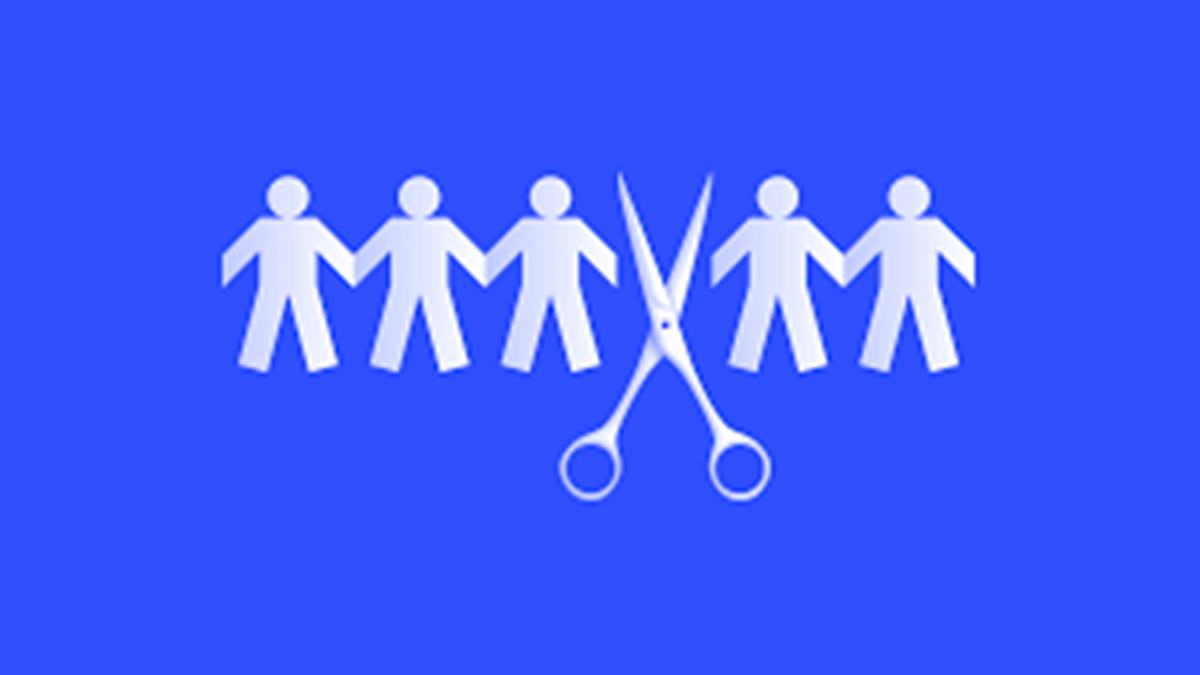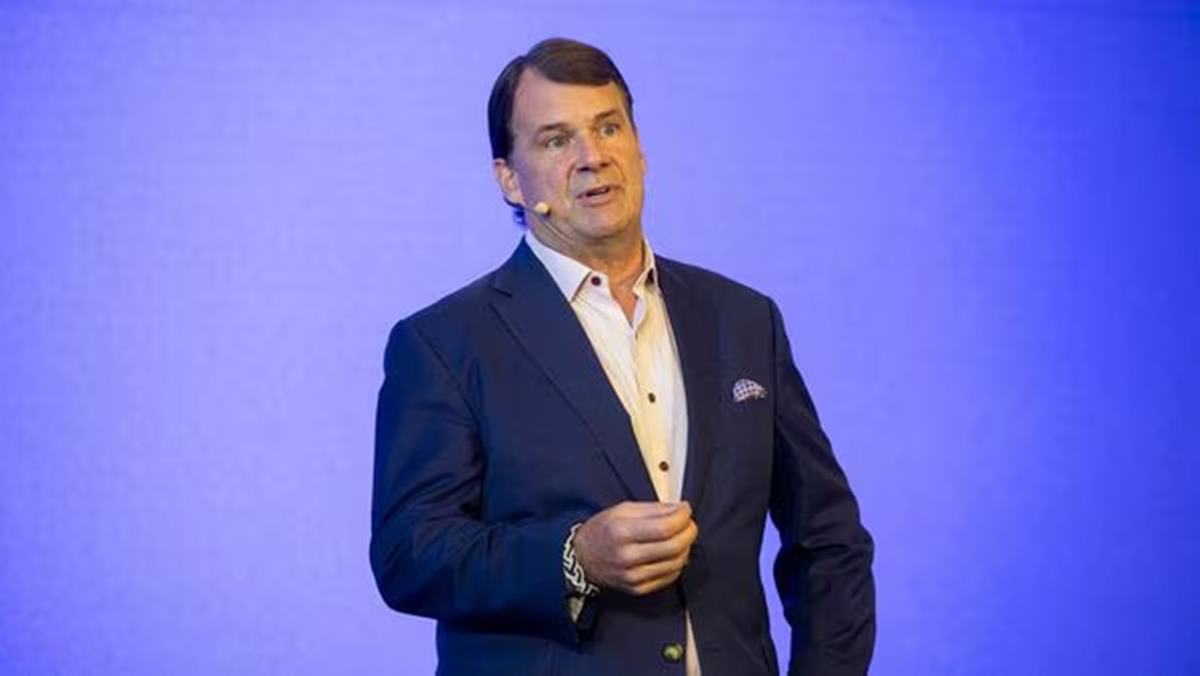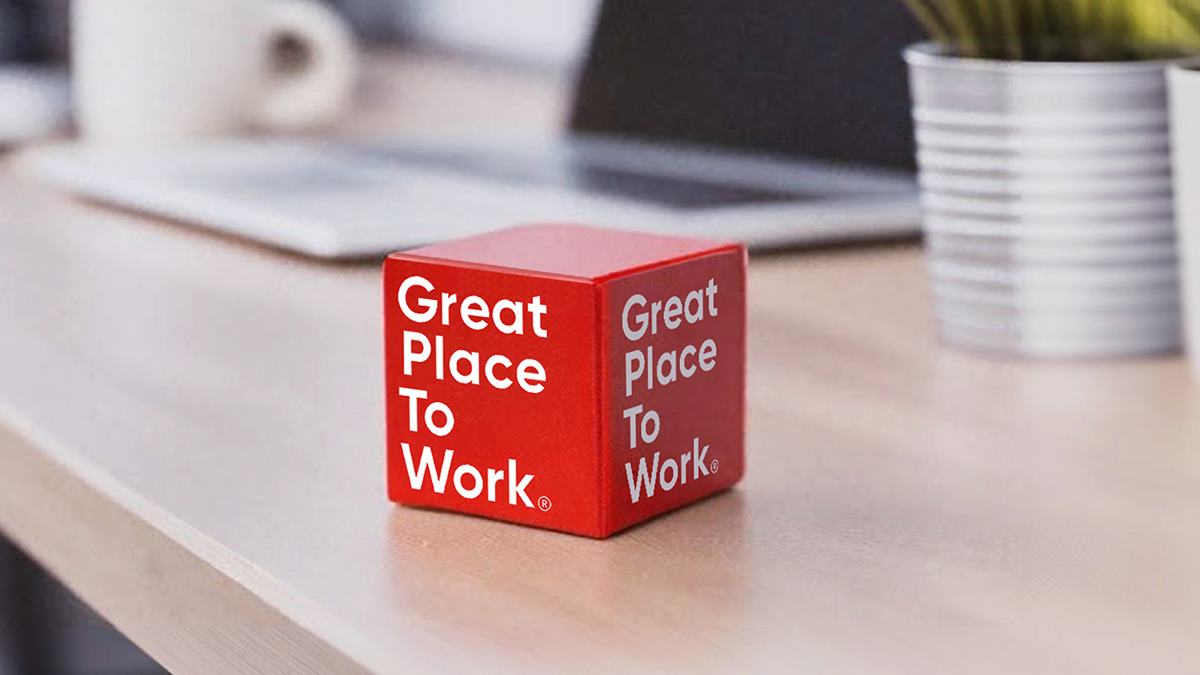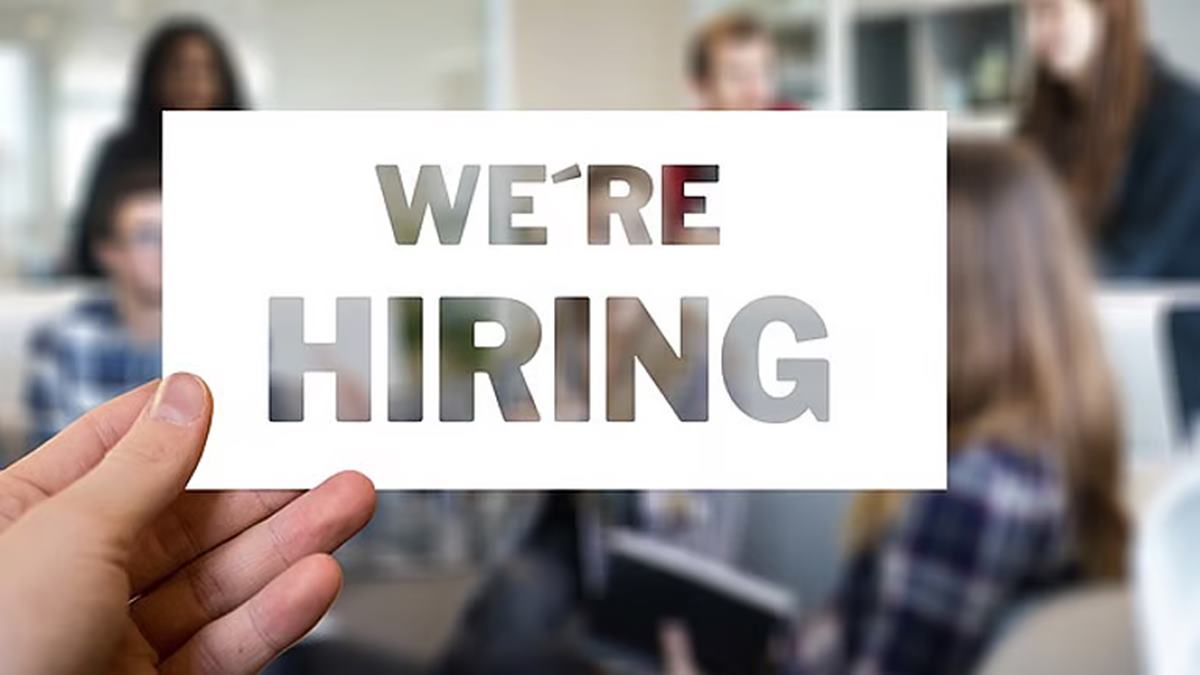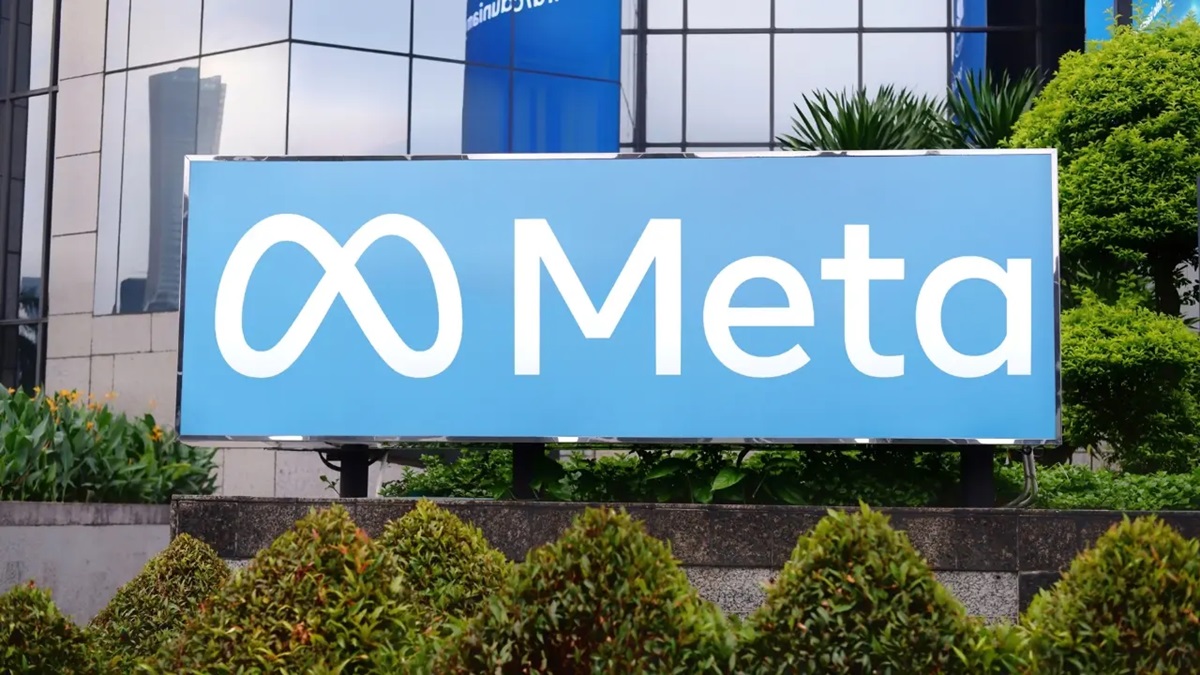In a mock interview with NBA star Stephen Curry, Bill Gates offered a practical and refreshingly honest framework for answering a question that’s become a staple in interviews across industries: “Why should we hire you?”
Far from delivering a rehearsed or generic pitch, Gates laid out a three-part strategy that’s not only relevant for jobseekers, but also valuable for anyone looking to articulate their strengths in high-stakes conversations.
A realistic approach grounded in evidence, not empty claims
Many candidates approach interviews like a checklist—mention skills, list achievements, show enthusiasm. Gates flipped that formula. Instead of reciting qualifications, he demonstrated them.
“Look at the code I’ve written. I went beyond what was taught in my courses. I’ve improved over time,” Gates said, describing his early career.
His focus wasn’t on generic abilities like “problem-solving” or “leadership,” but rather on proof of real work and learning. In doing so, Gates demonstrated a principle supported by hiring data: concrete examples of applied skills carry more weight than abstract strengths.
According to a 2024 report from LinkedIn Talent Insights, 68% of hiring managers prefer candidates who back up their claims with real-world outcomes over those who simply describe their strengths.
For candidates navigating today’s competitive job market, this shift—from telling to showing—isn’t just smart. It’s necessary.
Turning a flaw into a performance asset
One of the most powerful moments in Gates’ answer came when he addressed a personal challenge:
“I can be overly critical of my colleagues’ work, but my goal is to push for ambitious outcomes.”
Rather than hiding the trait or brushing it off with a vague disclaimer like “I’m a perfectionist,” Gates reframed a genuine weakness in a way that still aligned with high performance and team goals.
This strategy reflects what workplace psychologists often refer to as “constructive vulnerability”—a way of showing self-awareness without undermining competence.
A 2023 study published in Harvard Business Review supports this approach, revealing that candidates who acknowledge specific, manageable flaws while explaining how they manage them are more likely to be viewed as trustworthy and coachable.
For interviewees, this means skipping canned responses and focusing instead on real, well-managed challenges that show you’re human—but intentional.
It’s not about you—it’s about the company’s future
Gates’ most strategic move came in the final part of his answer. Instead of ending with more personal accolades, he pivoted to show how his ambitions aligned with the company’s long-term goals.
“I like ambitious goals. I like thinking about how to anticipate the future.”
That shift—from self to mission—is often what separates a good interview from a great one. It signals to hiring managers that the candidate isn’t just capable—they’re forward-thinking, with an interest in contributing to long-term success.
This matches what modern recruiters increasingly prioritize: strategic alignment. A recent survey by Glassdoor for Employers in April 2025 showed that 72% of talent acquisition professionals now rank “long-term culture and mission fit” as more important than “number of years of experience” for roles with leadership potential.
If your response to “Why should we hire you?” focuses solely on your resume or personal goals, you’re missing a key opportunity to show that you think like a partner, not just an applicant.
How to structure your own version of Gates’ answer
While most candidates aren’t Bill Gates, the structure of his answer is replicable. Here’s how to apply it in your own words:
- Start with a real achievement. Describe a skill you’ve developed and offer a brief, specific example of how it’s been used effectively.
- Acknowledge a real challenge. Identify a trait or behavior you’ve worked to improve, and explain how you’ve managed it in professional settings.
- End with a mission match. Share what excites you about the company’s work and how your personal goals align with its future.
This framework is not about sounding rehearsed—it’s about being intentional, credible, and relatable. With interviews growing more conversational and transparent, this type of structured honesty offers both clarity and depth.

